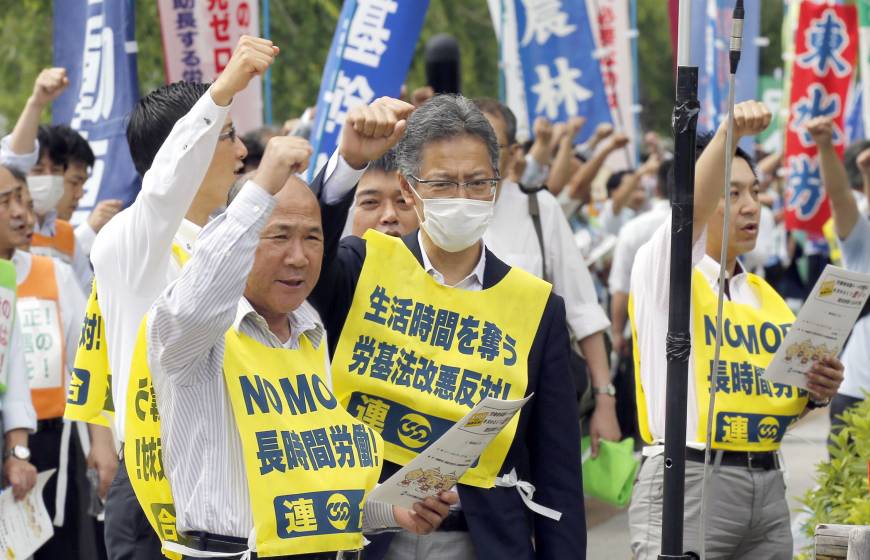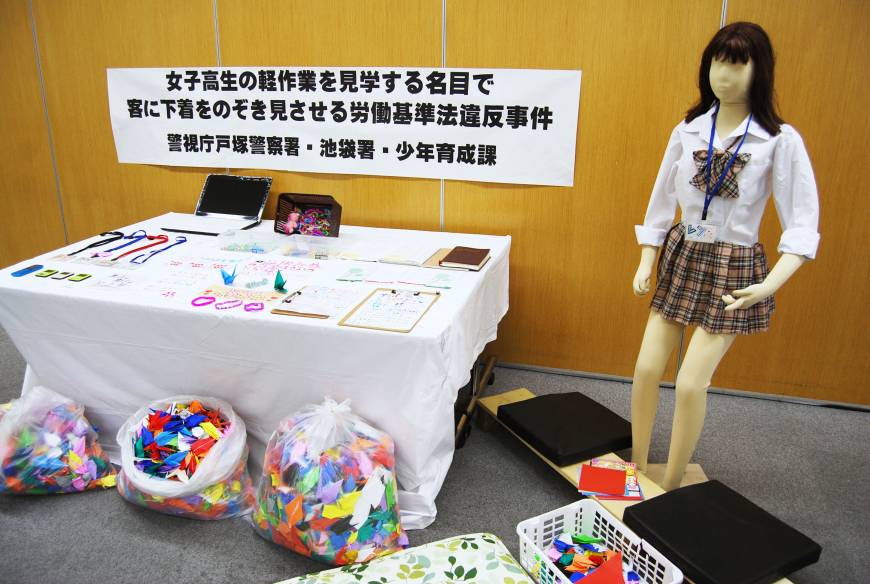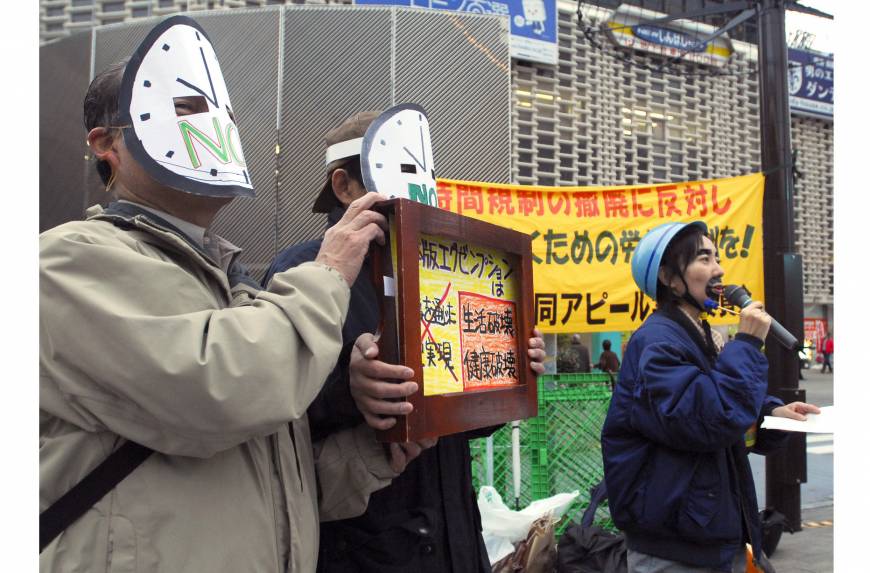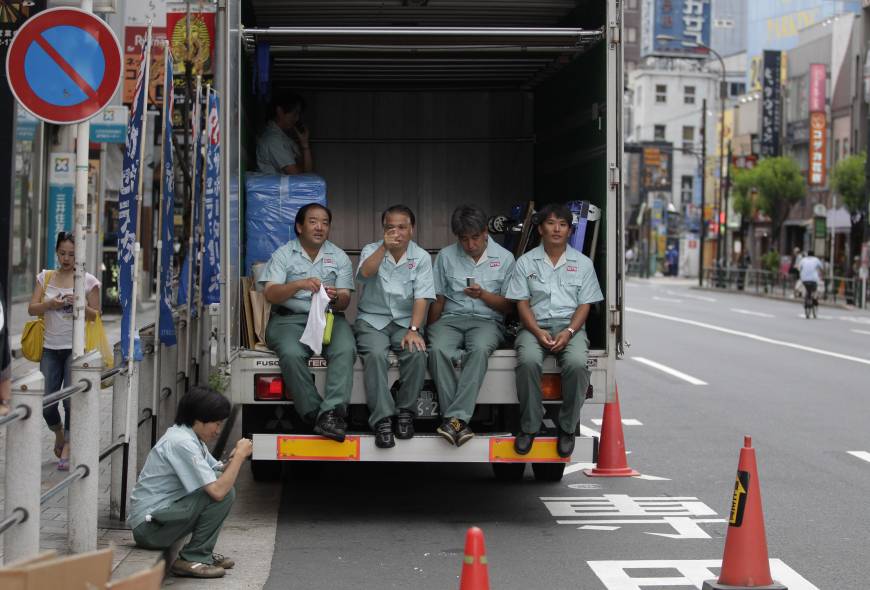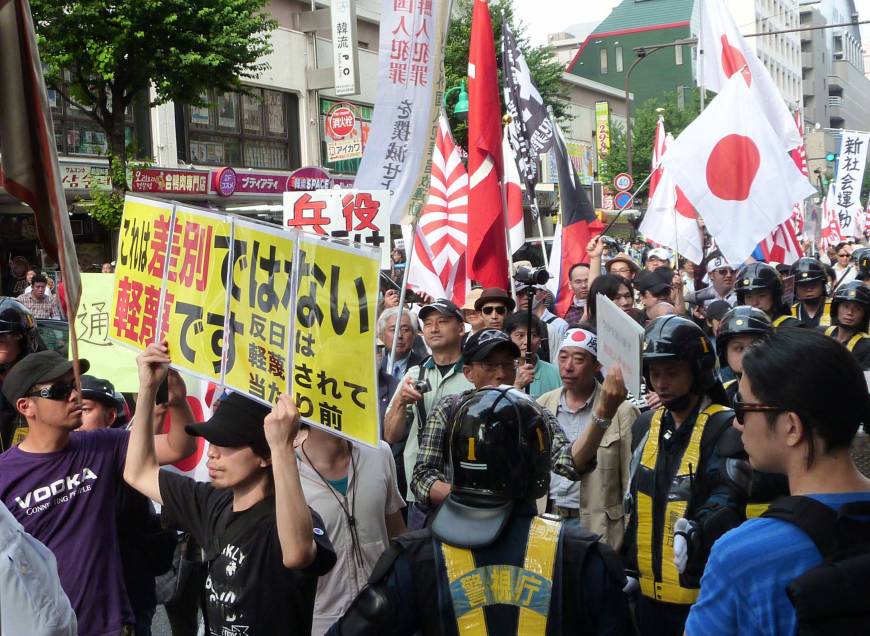By Justine Underhill
At 3 a.m. on Monday morning, Eriko Fujita leaves the IBM offices in Tokyo. She rushes home to take a shower and get a few hours of sleep before she returns to her office at 7 a.m.
“We don’t have a 5 o’clock-and-get-out kind of culture,” she says with a shrug. While her schedule depends on the specific project, Fujita, in her late twenties, says her typical workday lasts about 15 hours.


